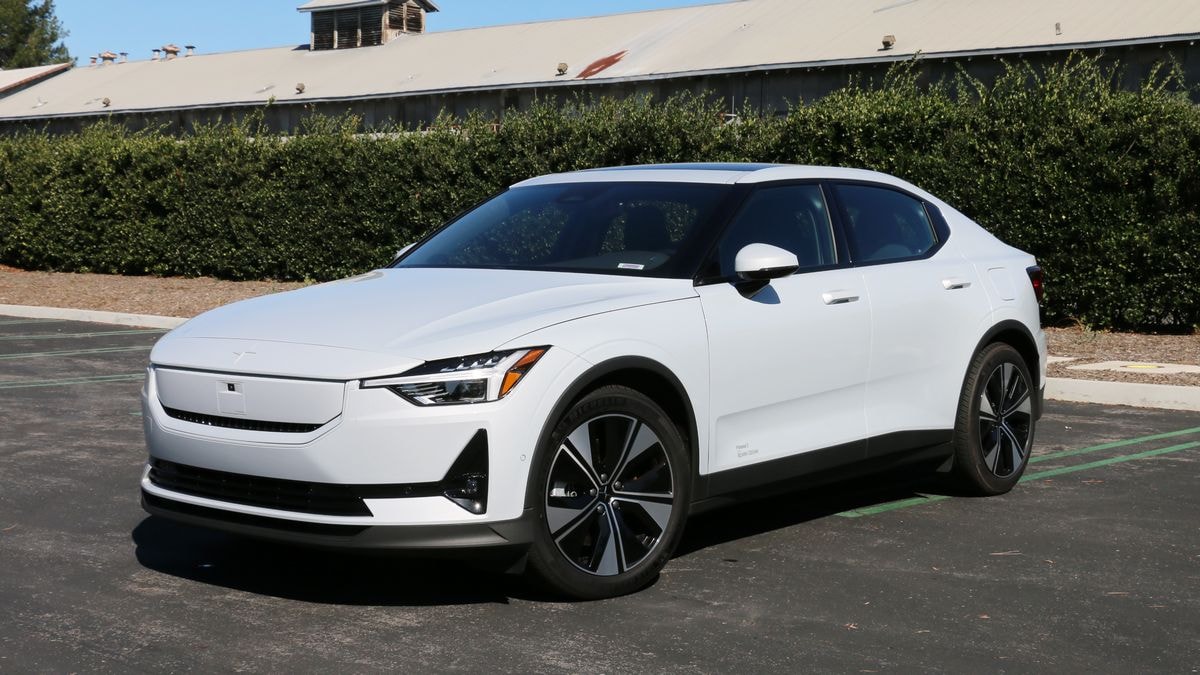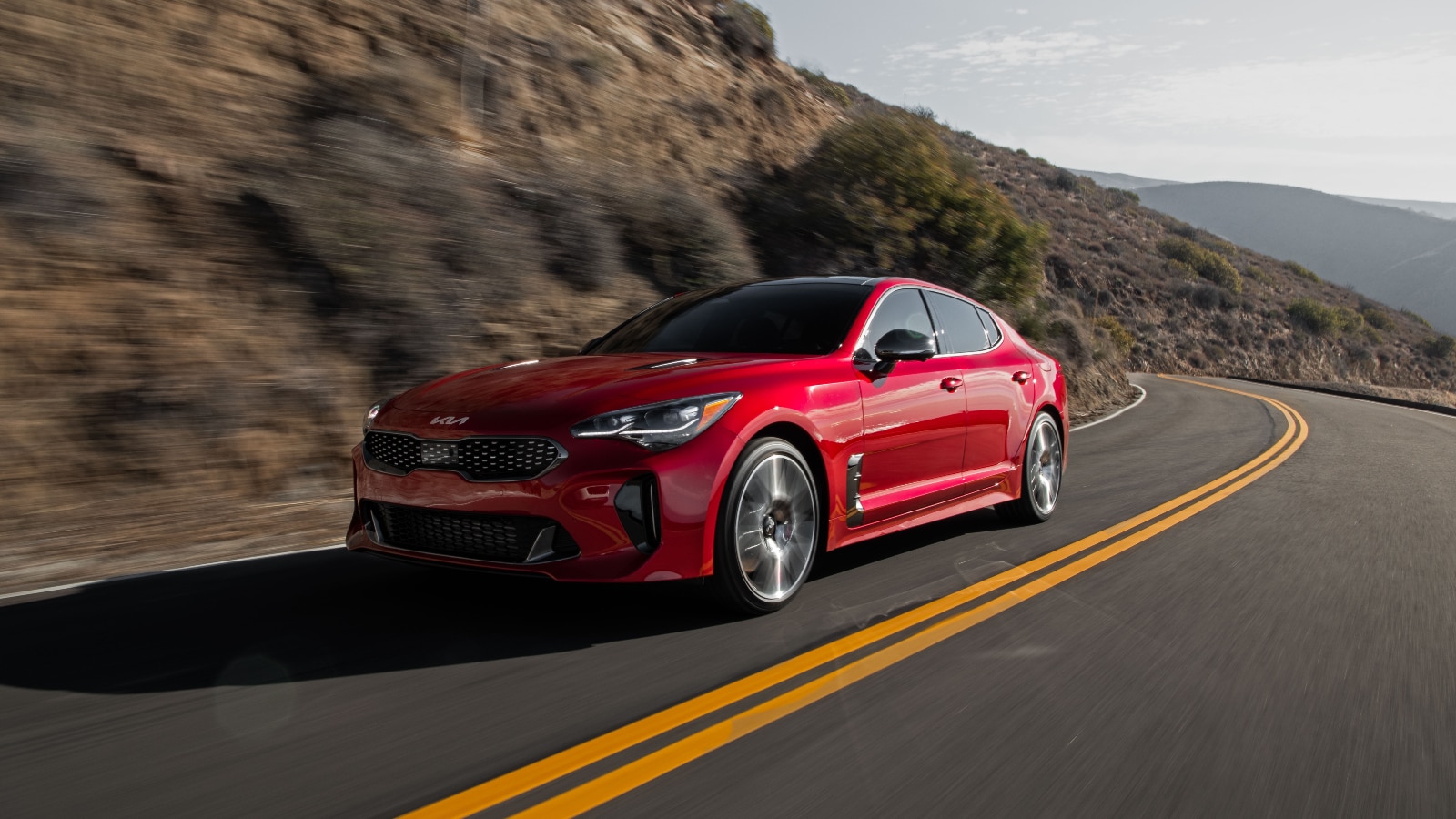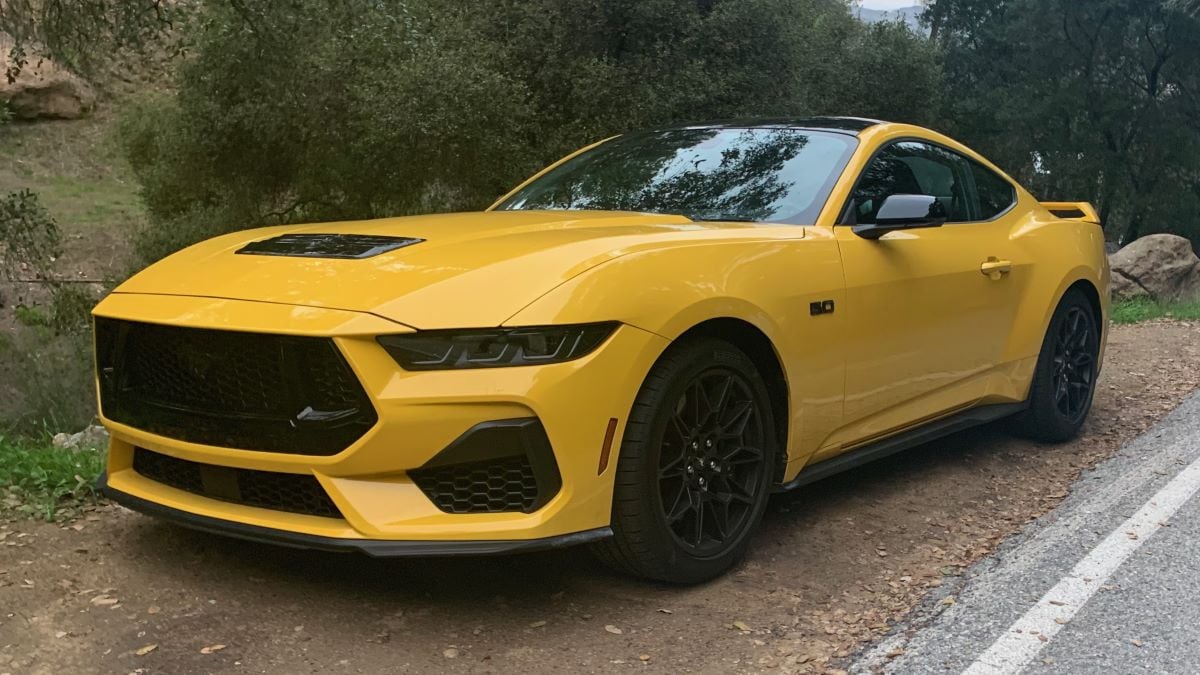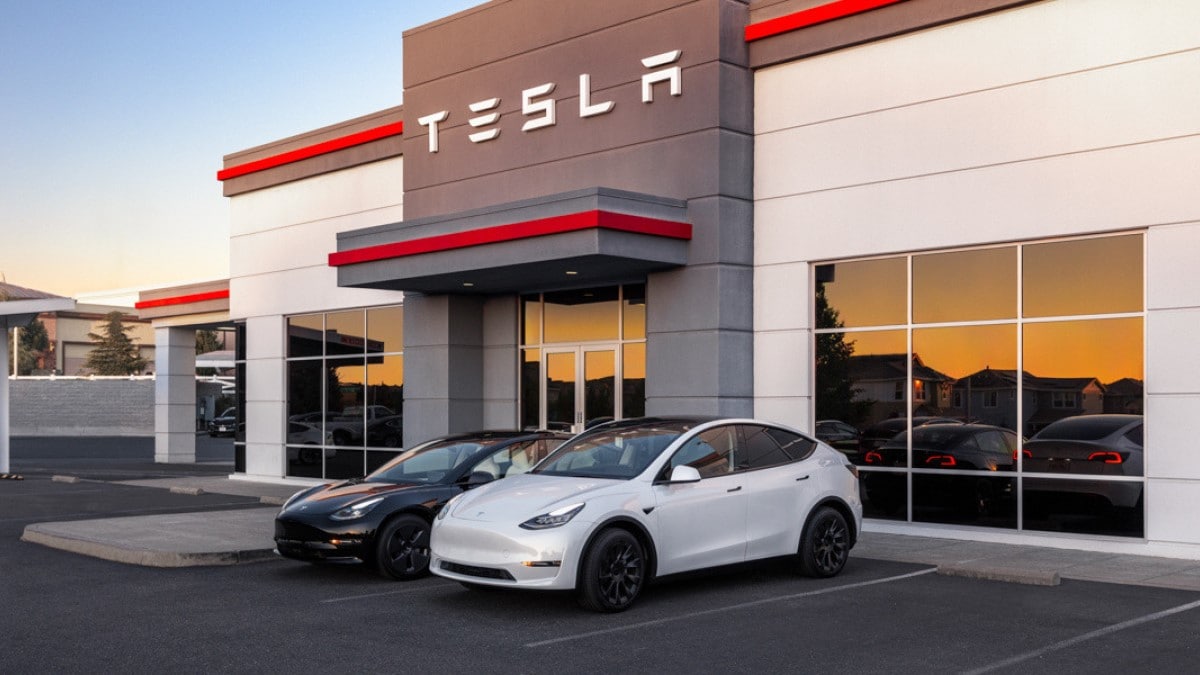Earlier this week, the White House announced tariffs on Chinese electric cars as high as 100%. Analysts believe the move may help keep Chinese automakers out of the U.S. market, but some vehicles already sold in the U.S. are built in China.
Will those cars see massive price increases? Almost none will. However, one company is waiting on specifics to determine if its vehicles are affected.
Chinese Cars Are a Threat to US Automakers
No Chinese automakers sell cars in America today, but industry analysts say the epicenter of the global auto industry has rapidly shifted to China. Many think Chinese automakers like BYD and Geely could end up selling cars in the U.S. at affordable prices.
China’s auto industry has quickly become the world’s largest. The Chinese buy more cars than any other population, and by some measures, China overtook Japan to become the world’s largest exporter of cars last year.
Chinese automakers dominate the quickly growing global trade in electric vehicles (EVs) thanks to low labor costs, government support of the industry, and an abundant supply of the minerals used in electric vehicle (EV) batteries.
Chinese cars now outsell American vehicles in Mexico, and several Chinese automakers have built or planned factories there. Some industry analysts say those factories could serve as a staging point for entering the American market.
Analysts worry that American automakers can’t compete on price with Chinese EVs. A recent survey showed that many American EV shoppers are already familiar with Chinese brands even though they can’t buy their products.
Administration Acting To Protect Green Industries
The Biden administration’s actions this week affected more than cars. The action also affected solar panels and other renewable energy products that Chinese companies build cheaply.
However, the White House is concerned about the auto industry, calling Chinese software in cars a national security threat. The Commerce Department is working on regulations to keep Chinese-derived software from vehicles sold in the U.S.
Some Cars Sold Here Are Built There
Several automakers serving the American market have deep relationships with China. Volvo, for instance, is owned by Chinese automaker Geely. The company imports its S90 sedan and EX30 SUV from China.
Ford imports its Lincoln Nautilus SUV from Hangzhou. General Motors imports its Buick Envision from China. Tesla builds many models in the U.S. and China and sometimes ships Chinese-built cars to the U.S. to balance inventory.
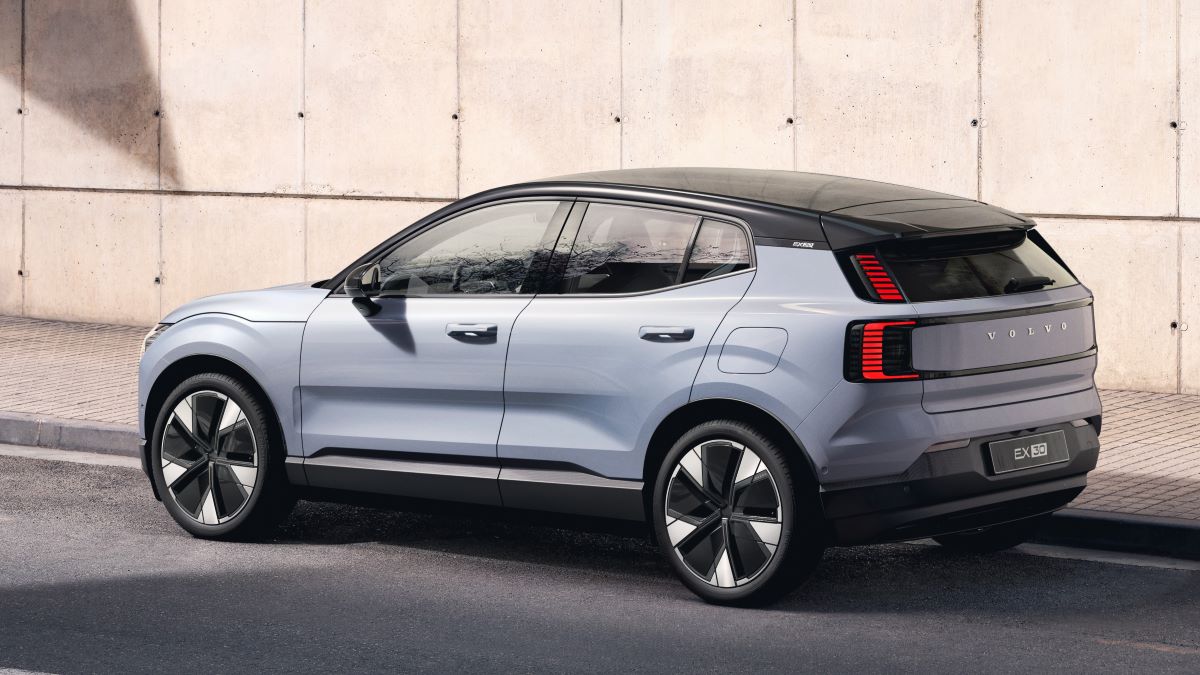
Most Appear Exempt
However, those cars may not see their prices double due to the tariffs. Reuters reports that the companies are “eligible for tariff refunds under a law that awards them to firms with U.S. manufacturing operations — such as Volvo’s Carolina plant — that also export similar products.”
Companies that export and import cars may be able to exploit that loophole, which covers almost every automaker currently bringing vehicles to the U.S. from China.
Almost every automaker.
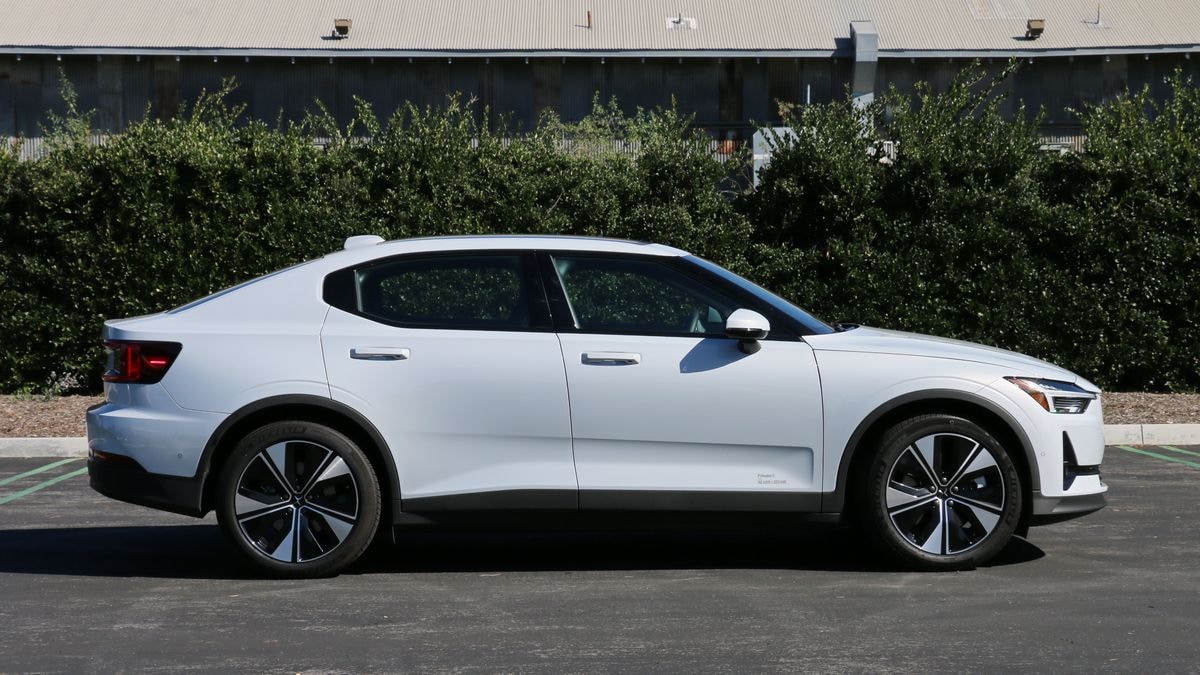
Polestar Needs ‘More Clarity‘
Startup Polestar – a spinoff from Volvo known for its rugged-looking Polestar 2 sedan and commercials that take veiled shots at Tesla – imports cars from China and doesn’t export enough cars to offset that.
Polestar CEO Thomas Inglenlath told InsideEVs the company needs “more clarity” on how the tariffs will work.
Marketwatch notes that Polestar had “been moving away from having its EVs made in China before this month’s news about U.S. tariffs.” In a note to investors this week, Citi analysts explained, “Production of the Polestar 3 is expected to begin in South Carolina this summer, with Polestar 4 being produced in South Korea.”
Battery Costs Could Rise
Though the tariffs won’t double prices on completed cars, they may make building EV batteries more costly.
Industry publication Automotive News reports, “Graphite — a critical mineral essential for EV battery production that is overwhelmingly produced in China — will carry a 25 percent tariff for the first time in 2026, the Office of the U.S. Trade Representative said Tuesday. Other critical minerals will see the same rate hike this year, a change that could increase prices for EVs.”
That rise in the price of imported minerals may be precisely what the White House wants.
The administration has designed its moves to promote domestic industries. Raising the cost of importing critical EV minerals from China will push automakers to develop and use domestic sources.

